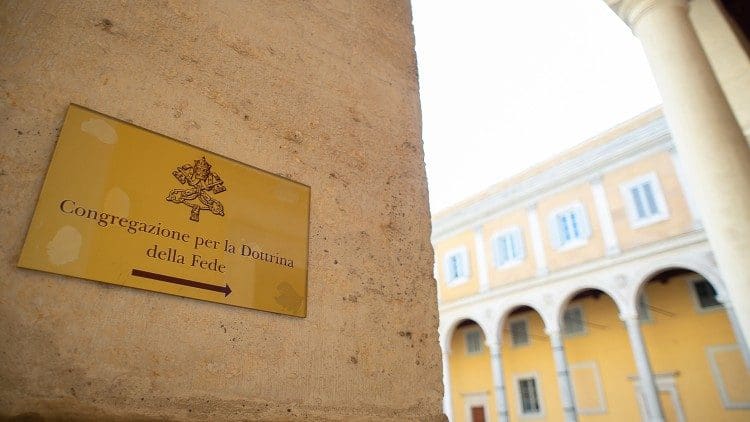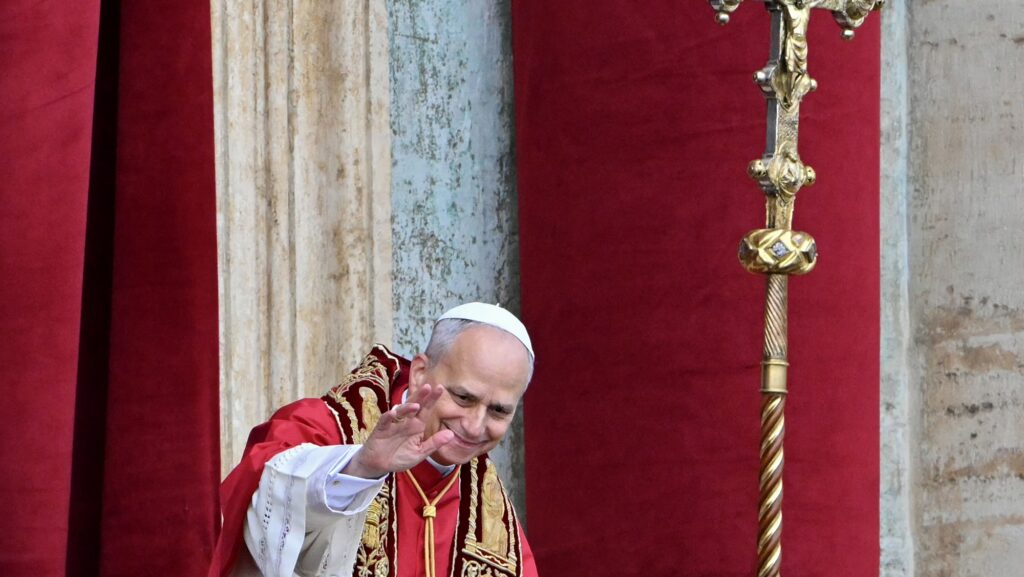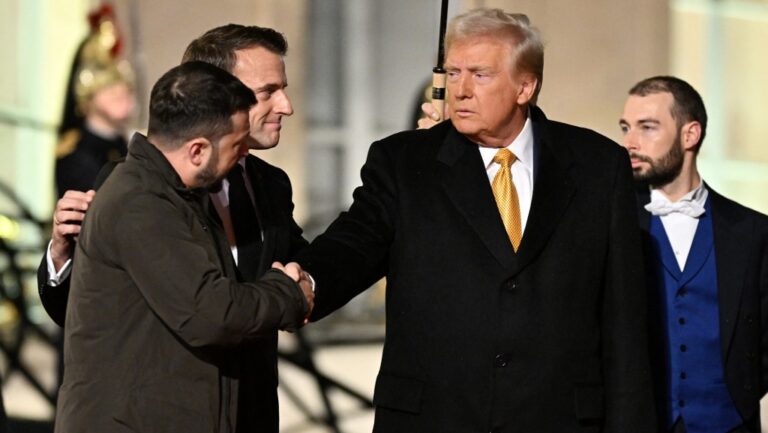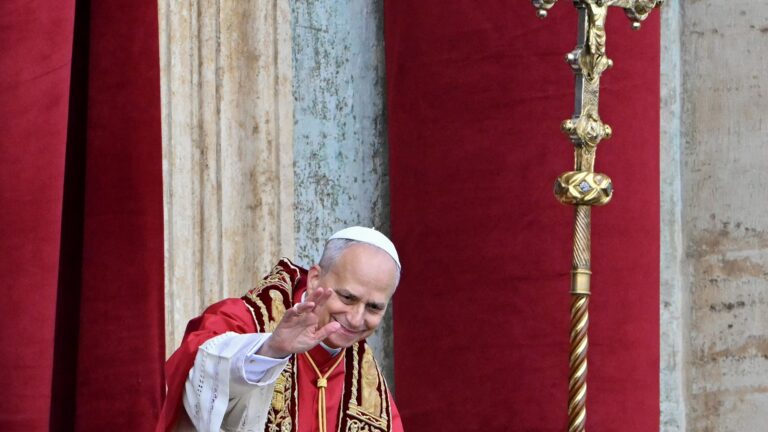Just ahead of Christmas, on 18 December, the Dicastery for the Doctrine of the Faith issued a declaration titled ‘Fiducia Supplicans — On the Pastoral Meaning of Blessings’. In it, the Dicastery, headed by Cardinal Deacon Víctor Manuel Fernández, proclaims that the Catholic Church is now allowing for the unofficial blessings of ‘couples in irregular situations and same-sex couples’. The document was signed and approved by Pope Francis as well.
However, the text also stipulates that this declaration does not change ‘in any way the Church’s perennial teaching on marriage’. In fact, it is very peculiar in explaining that this is not meant to be a deviation from the Church’s traditional stance on matrimony. Rather, it is a change—or, as the document itself put it, ‘a specific and innovative contribution’—to the pastoral meaning of blessings.
Still, it has received quite a bit of backlash from bishops from all around the world.
These include the members of the Hungarian Catholic Bishops’ Conference, who put out a statement of their own in response on Wednesday, 27 December. They wrote:
‘The declaration on the pastoral meaning of blessings, which starts with the words “Fiducia supplicans”, issued by the Dicastery for the Doctrine of the Faith on 18 December does not change in any way the teachings about marriage and sexual morality, held by the Catholic Church from its beginnings.
Taking into account the pastoral situation in our country, the Bishops’ Conference formulates as a guideline for pastors that we can bless all people individually, regardless of their gender identity and sexual orientation. However, we should always avoid giving a common blessing to couples who are cohabiting out of wedlock, and who are in a non-ecclesially valid marriage or in a same-sex relationship.’
Diane Montagna on Twitter: “HUNGARIAN BISHOPS’ CONFERENCE responds to #Vatican declaration: “Priests should always avoid common blessings for couples who live together in a non-marital partnership or a marriage that is not valid in the Church, or who live in a same-sex partnership.”: https://t.co/xpZSoShzac pic.twitter.com/HlabeiIzVe / Twitter”
HUNGARIAN BISHOPS’ CONFERENCE responds to #Vatican declaration: “Priests should always avoid common blessings for couples who live together in a non-marital partnership or a marriage that is not valid in the Church, or who live in a same-sex partnership.”: https://t.co/xpZSoShzac pic.twitter.com/HlabeiIzVe
After the pushback, Cardinal Fernández has also come out to elaborate on the implications of the Dicastery’s declaration.
Talking to the Spanish newspaper ABC, Pope Francis’ fellow Argentinian clergyman claimed that ‘it’s proper for each local bishop to make that discernment’ on how to apply the new leeway provided by the Church. He also implied that some of the criticism may be misguided, saying ‘if the text is read with an even disposition, it can be seen that it supports with great clarity and simplicity the perennial Catholic teaching on marriage and sexuality,’ as quoted by the Catholic news site Catholicnewsagency.com.
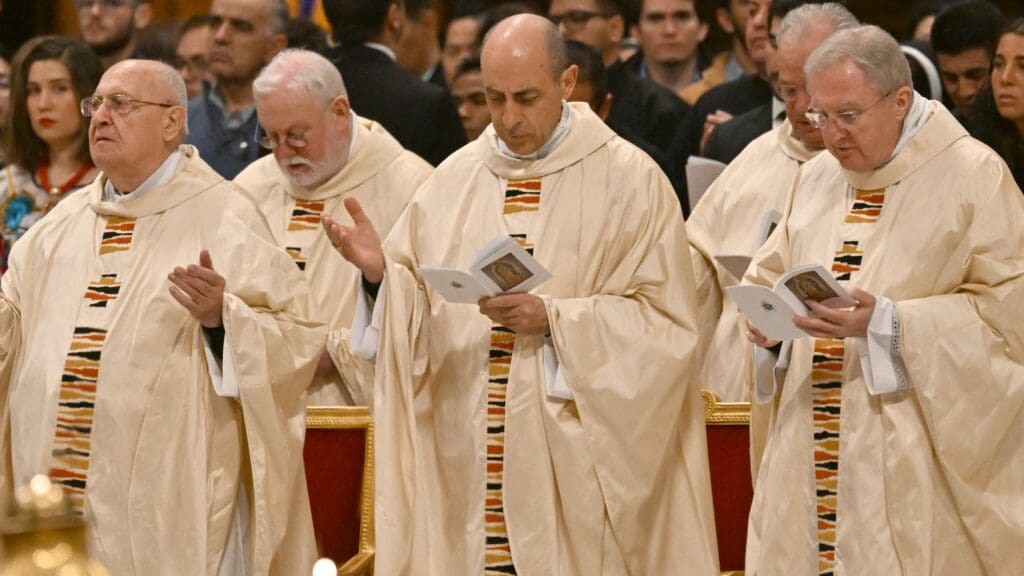
The Cardinal went on to share his sympathy towards gay people in Africa, who are being imprisoned for being open about their sexuality in some countries. He believes this declaration can go a long way in helping their circumstances.
Related articles:

